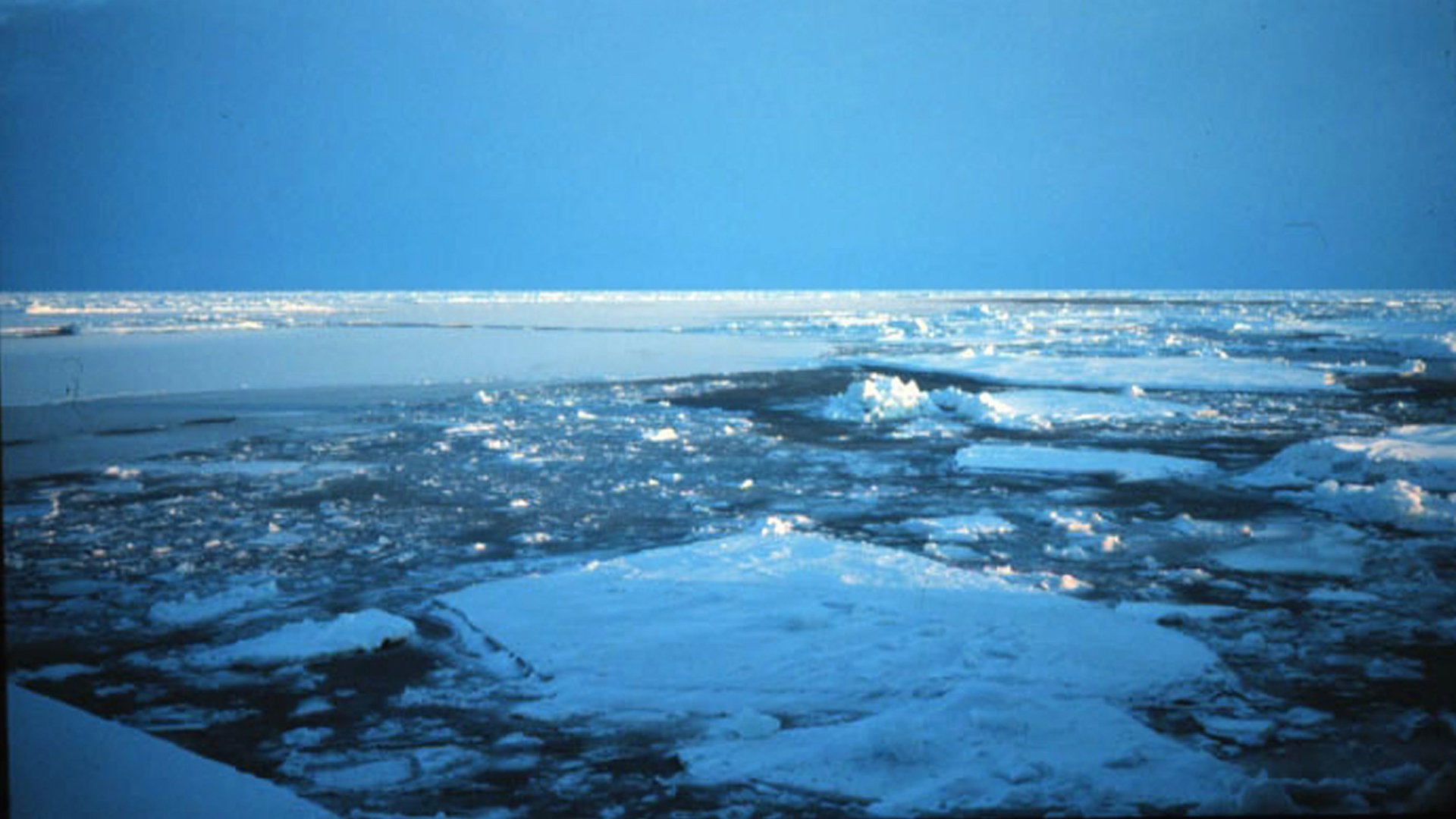A Chinese cargo ship is sailing across the melting Arctic to Europe
A Chinese cargo ship is traversing a modern-day passage that 16th century European explorers looking for a faster, safer route to Asia would have died to find.


A Chinese cargo ship is traversing a modern-day passage that 16th century European explorers looking for a faster, safer route to Asia would have died to find.
The Yong Sheng, a 19,000-tonne (20,943 ton) ship operated by China’s state-owned Cosco Group, is sailing from Dalian in China’s northeast to Rotterdam via the Northeast Passage, a sea route above Russia that shaves off a little over a third of the time the journey normally takes.
By going through the Northeast Passage, or the Northern Sea Route, the Chinese ship avoids the South China Sea and the Strait of Malacca, areas where China has territorial disagreements with several Southeast Asian nations. The Northeast passage route also avoids passing through Indian Ocean where pirate attacks have been a problem. The traditional voyage from Asia to Europe through the Suez Canal takes about 48 days. Traveling by the Northern Sea Route, should take 35 days, according to Cosco.
As we’ve written before, cargo shippers and exporters can thank the melting Arctic for this new sea route. Shipping here has already quadrupled (paywall) over the last year, prompting new technology that’s giving Russian ice-breakers normally used to cross icy waters, a run for their money.
But don’t expect a flood of container ships in the Arctic just yet. Analysts warn that more ports still need to be built and vessel insurers need to get accustomed to the route before it becomes a real alternative to the Suez Canal.
Moreover, climate change may need a little longer. “Climate change is certainly opening new Arctic shipping routes,” Cameron Dueck, a Canadian writer who traveled the route in 2009, told the Financial Times (paywall). “But the most common routes through the [Arctic] continue to have ice even in the warmest years, meaning shipping companies will have to be selective and opportunistic in using them.”